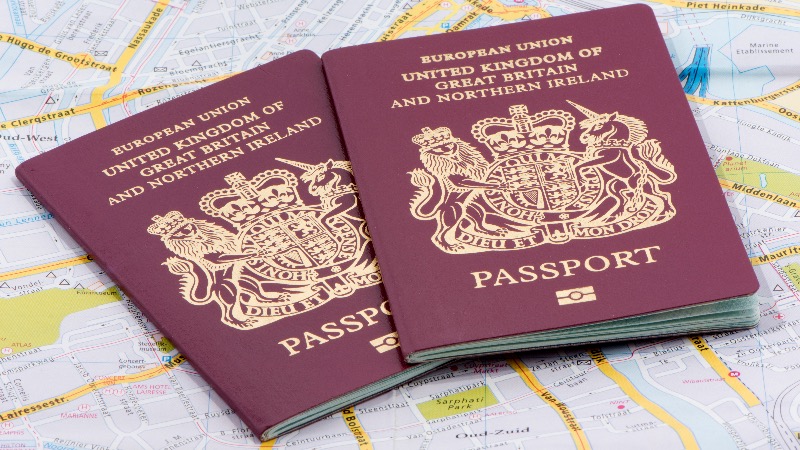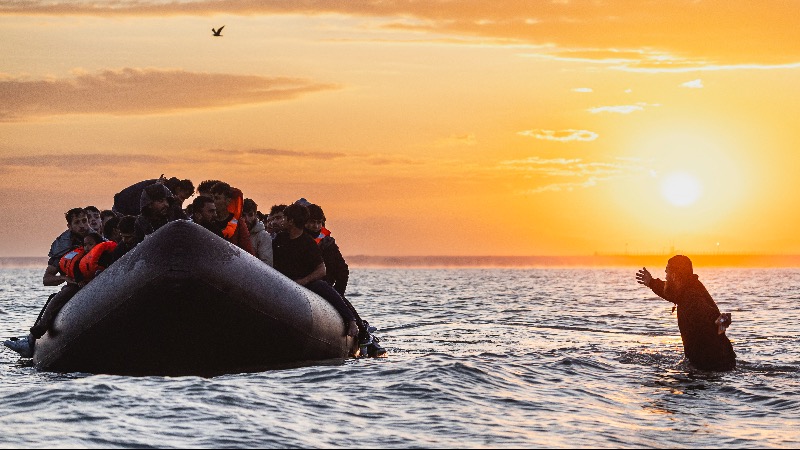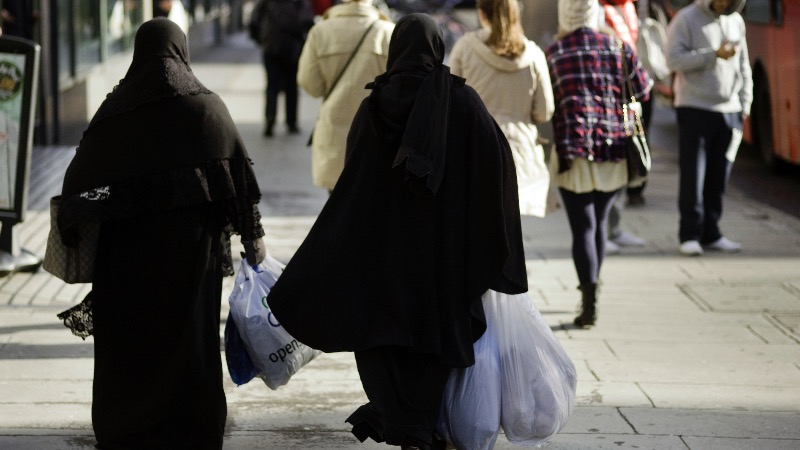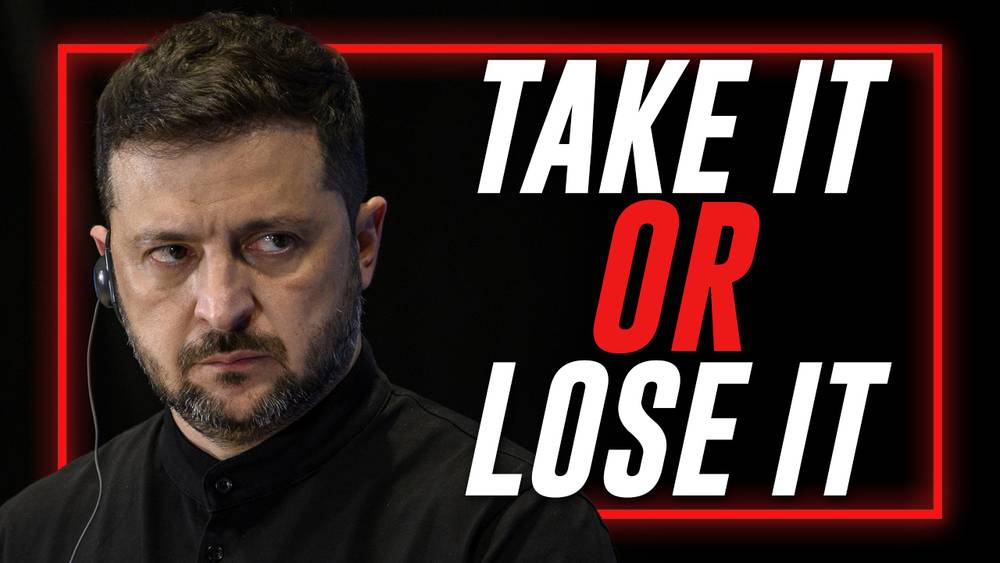 Image Credit: Scoobers / Getty
Image Credit: Scoobers / Getty British police have been quietly tapping into the nation’s passport photo database for hundreds of facial recognition searches, sparking fierce warnings from privacy campaigners about the scale of state surveillance creeping into everyday life.
What began as a rare request has rapidly become routine. Figures obtained through freedom of information requests by Big Brother Watch show that in 2020, just two searches of passport records were carried out.
By 2023, that number had surged to 417, with a further 377 recorded in the first ten months of last year. Use of the immigration photo database, compiled from images collected by Border Force, has also soared, climbing sevenfold over the same period to 102 searches in 2023.
This quiet expansion allows officers to run retrospective facial recognition checks on CCTV or doorbell footage without leaving their desks.
Officially, such powers are meant to be reserved for serious criminal investigations, but campaigners point to a steady shift toward broader use, often without those targeted ever knowing their images were examined. Many of those whose photos have been processed have never faced criminal charges.
The Home Office holds more than 50 million passport images, a store of personal data far beyond the traditional police mugshot database.
Former biometrics oversight officials have warned that pulling from this wider pool carries “a significant risk of disproportionality and of damaging public trust,” especially given the absence of national rules from either the Home Office or the College of Policing on how facial recognition should be deployed.
Silkie Carlo, director of Big Brother Watch, said: “The government has taken all of our passport photos and secretly turned them into mugshots to build a giant, Orwellian police database without the public’s knowledge or consent and with absolutely no democratic or legal mandate. This has led to repeated, unjustified and ongoing intrusions on the entire population’s privacy.”
What makes the covert use of passport photos so troubling is not just the technology itself, but the shift it represents in the relationship between the state and its citizens. Collecting biometric data for one declared purpose, then quietly repurposing it for another, erodes the foundation of informed consent.
These are photos submitted to get a passport to travel abroad; not mugshots, suspects, or the photos collected as evidence with probable cause.
Once that precedent is set, it becomes far easier for governments to justify expanding the scope of surveillance without public debate or explicit authorization.
Such practices normalize the idea that all citizens are perpetually available for monitoring.
Even if these searches are framed as exceptional, they create an infrastructure that can easily be widened to cover more situations, more databases, and more of everyday life. The danger lies in this slow, almost invisible expansion, which can reach a point where it becomes difficult to distinguish between targeted policing and generalized population tracking.
There is also the problem of permanence. Passport databases are not temporary records. They are comprehensive, regularly updated, and cover the vast majority of adults. Once linked to facial recognition systems, they become a near-universal biometric map of the country, one that can be used retrospectively or in real time, depending on the political climate and available technology.


